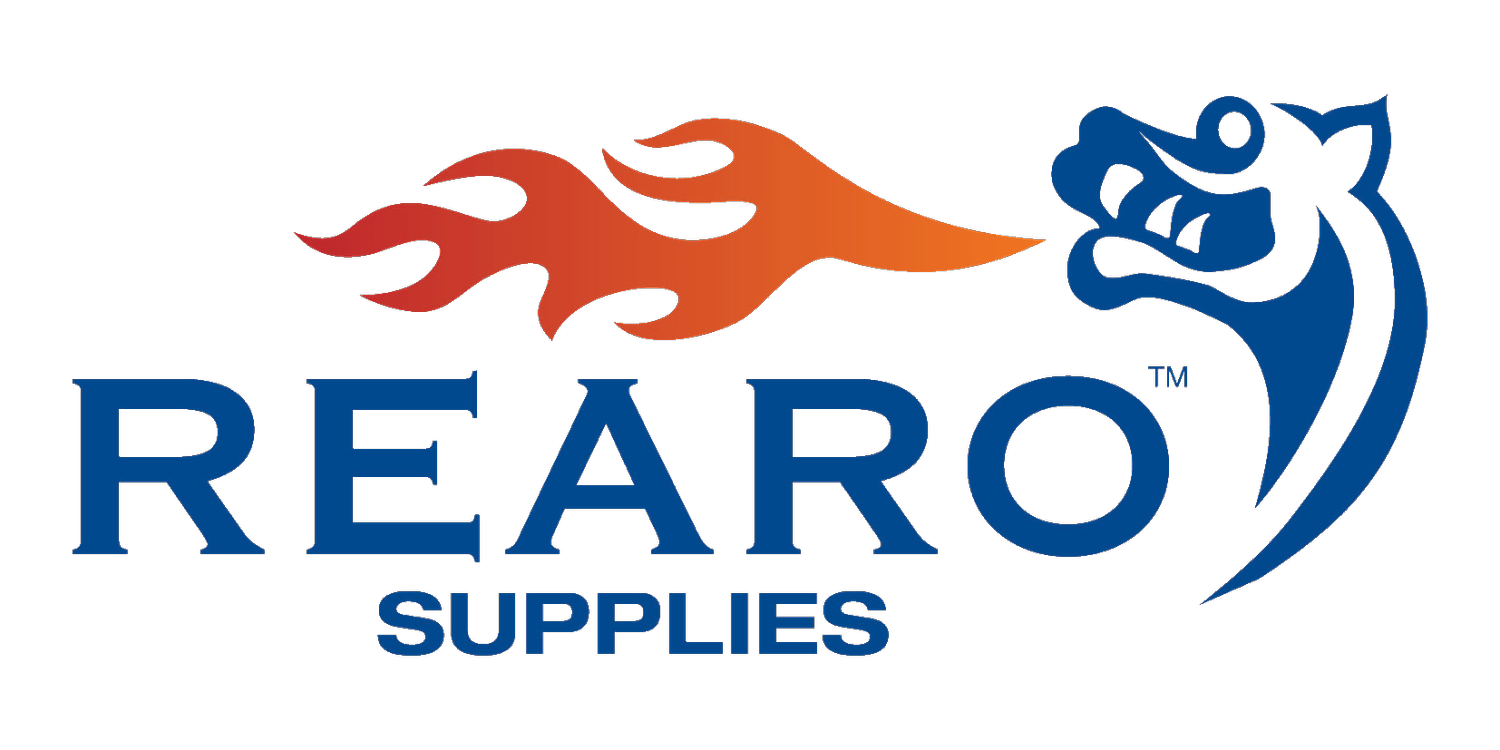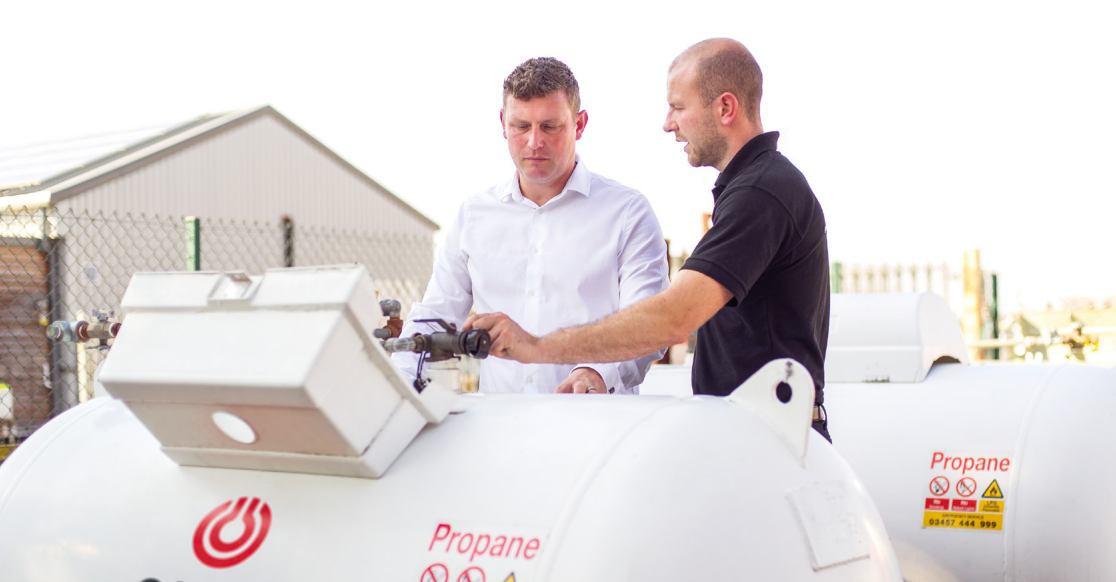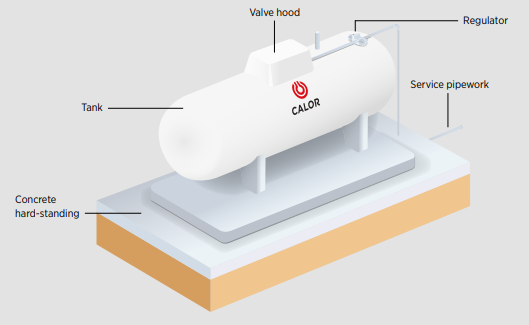
Bulk Tanks
Looking to make the switch to gas central heating, or looking at options? This page has all the information you’ll need concerning above ground bulk tanks, their installation and a rough pricing guide.
What is a bulk tank?
The Calor above-ground bulk tank is exactly as it sounds - a bulk storage of propane situated directly on your property. Tanks can come in either 1200 litre or 2000 litre sizes depending on the needs of your home.
Above ground bulk tanks are installed on concrete platforms at least 3 metres away from the home. A pipe will be run underground going from the tank to your home, providing a steady stream of propane to your central heating boiler.
We have a dedicated bulk tank filling gas tanker in our Lerwick depot that is regularly driven around Shetland refilling the various bulk tanks we supply around the isles.
Why get a bulk tank?
The main benefit of having a bulk gas tank is ease - the alternative for gas central heating is 47kg Propane cylinders, which must be ordered and changed periodically as they run out. Our smallest bulk tank size, the 1200 litre tank, is equivalent to roughly twelve 47kg bottles. This means you won’t spend as much time worrying about your gas running out, and will need to order much more rarely.
Secondly, a bulk tank may be a more attractive solution for your central heating. Our typical cylinder heating gas customers have several 47kg bottles outside of their homes, which may not be preferable to a tank that can be tucked away in a corner of your property. The underground pipe ensures the perimeter of your home is left unobstructed by gas piping or other infrastructure.
Ordering becomes easier, too: your bulk tank will have a gauge on it letting you know how much is left in the tank, and once it runs low you can simply phone us and let us know, and we’ll have our tanker out to refill your tank as quick as we can. The invoice for this refill will then be sent to your home. This eliminates the issues of trying to figure out how many of your cylinders are empty or when they were last filled.





